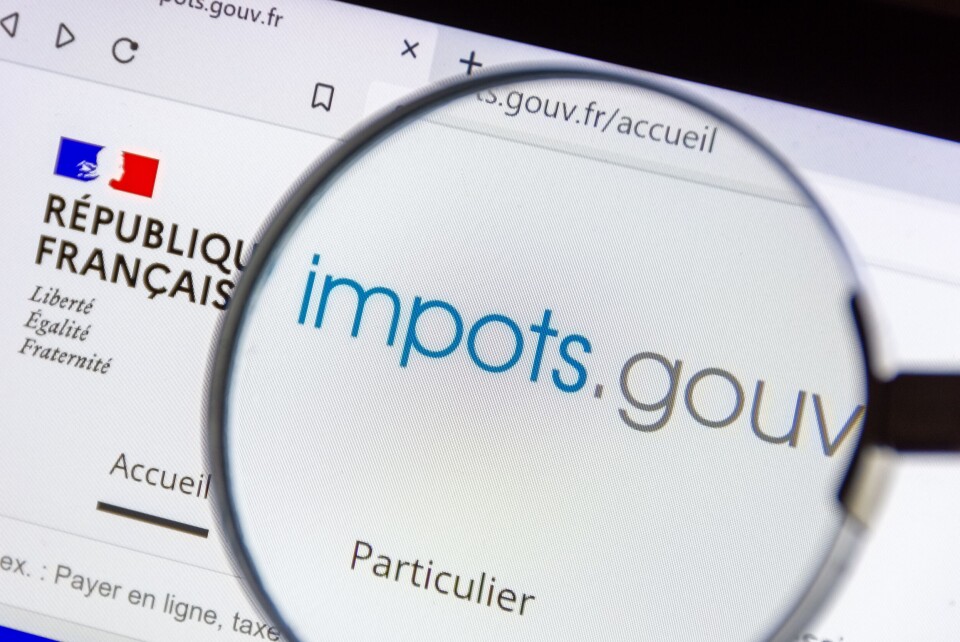-
Photos: our cosy and ecological home in the south of France
Reader Lucy Truscott, 49, describes how she and husband made a home for themselves in Hérault
-
Is ‘the good life’ still popular? What buyers of smallholdings in France look for
Self-sufficient living is still in demand
-
Taxe foncière: how to ask for delay, reduction, or cancellation of French property tax
Taxe foncière relief is possible at any time
French property form: Why am I asked about visits to our holiday home?
The biens immobiliers declaration asks for details of ‘occupancy’ of your French home but this should not be misinterpreted

Reader question: The French property declaration seems to be asking about when we visited our French holiday home. Is this linked to not staying more than 90 days in any 180-day period?
The main reason for the declaration, the tax authorities have stated several times, is to have up-to-date information on all properties in the country so as to ensure they are being taxed (local property tax) correctly.
The most important information for this relates to how the property is used.
For example, the tax offices want to make sure that only owners of secondary residences (or in some cases, properties left vacant and unfurnished) are being asked to pay taxe d’habitation. This follows recent changes which mean this tax is no longer levied on main homes.
It is also important that the tax office has the correct information on the size and any dependencies of the property as these have a bearing on the calculations for local property tax.
In a The Connexion article in February, Olivier Bertaux, tax expert for association Contribuables Associés gave the view that the process was “intrusive”, and that “it seems rather as if the Fisc is asking the taxpayer to do its job for it.”
We are not, however, aware that the declaration requires any blow-by-blow details of how often a holiday or second home is used, nor that the information gathered is to be used to track comings and goings of non-EU visitors subject to staying no more than 90 days in any 180-day period.
The declaration asks about the nature of the occupation of the property (how it is used) including the start date of this ‘occupation’ and, if relevant, any changes since then.
However, the most important issue is how it was being used on January 1, 2023, which is when liability for local property taxes for 2023 is established.
‘Occupancy’ could apply to French people with second homes as well as non-residents
The types of ‘occupancy’ asked about are whether it is a main or secondary residence, rented out, left vacant (unused and unfurnished) or if someone else lives in it free of charge.
‘Occupancy’ as a secondary residence could apply both to French people with French second homes as well as to non-residents.
In the case of properties that are only used by their owners, the authorities state that it is acceptable to leave the default date for the start of the occupation as January 1, as opposed to entering the exact date when you obtained use of it; if this use has continued, then no end date is required.
The exact start (and potentially, end) date of a rental period is, however, important to define, officials have said.
Concerning second / holiday homes, the point of interest to the tax office is whether you had the property available to use as a residence, not the exact dates when you were physically there. Dates of a period of occupancy as a secondary residence would therefore only be likely to be relevant if this was interrupted, for example by you renting it out.
There is no evidence that the tax authorities plan to share information from the declaration with other bodies such as the border police.
In addition, the declaration is being presented as a one-off formality (unless the usage of the property changes in the future) so it will not provide the authorities with long-term data on those entering France to visit second homes.
Related articles
Wrong details on French property form may be due to missing paperwork
























